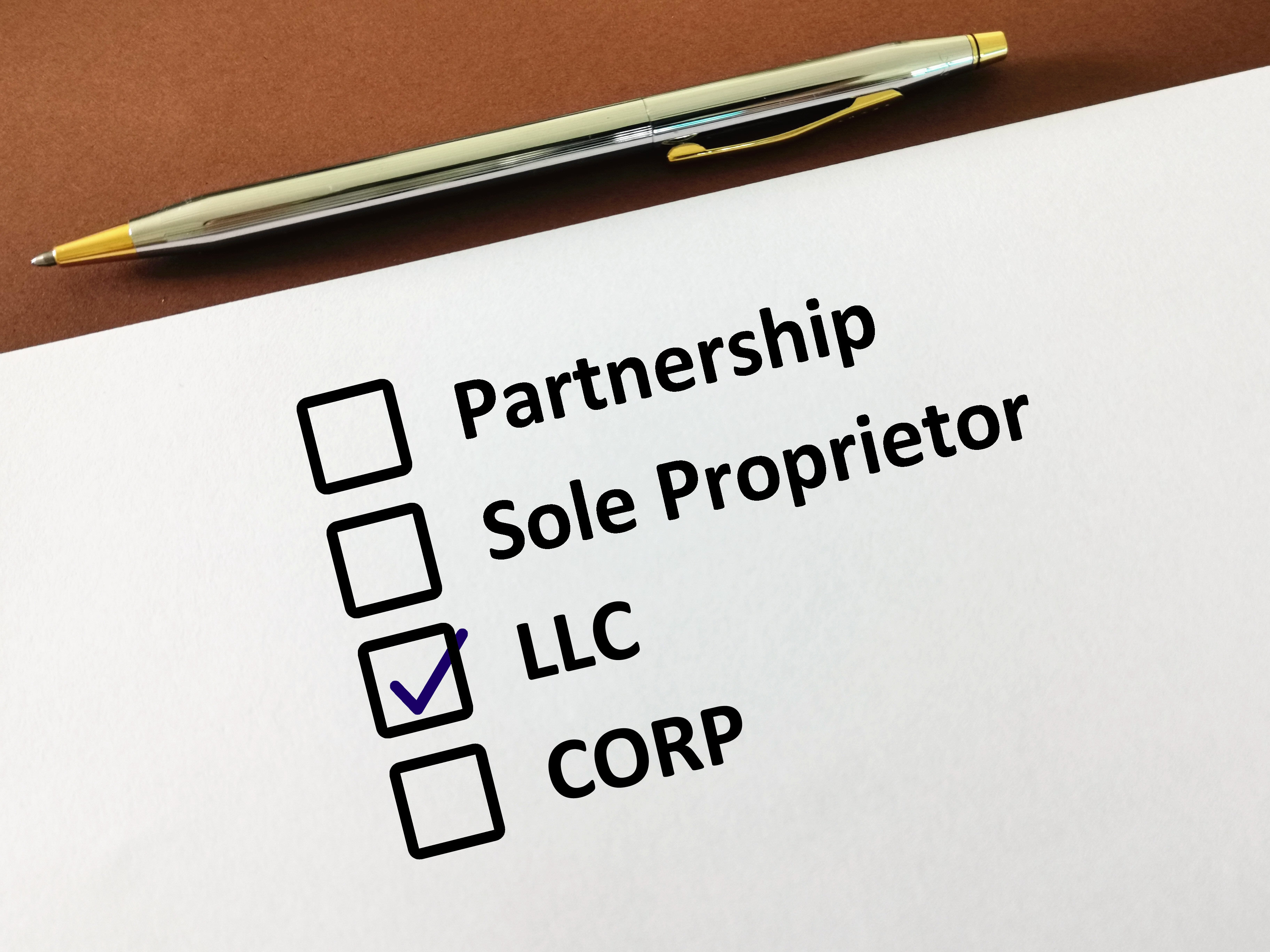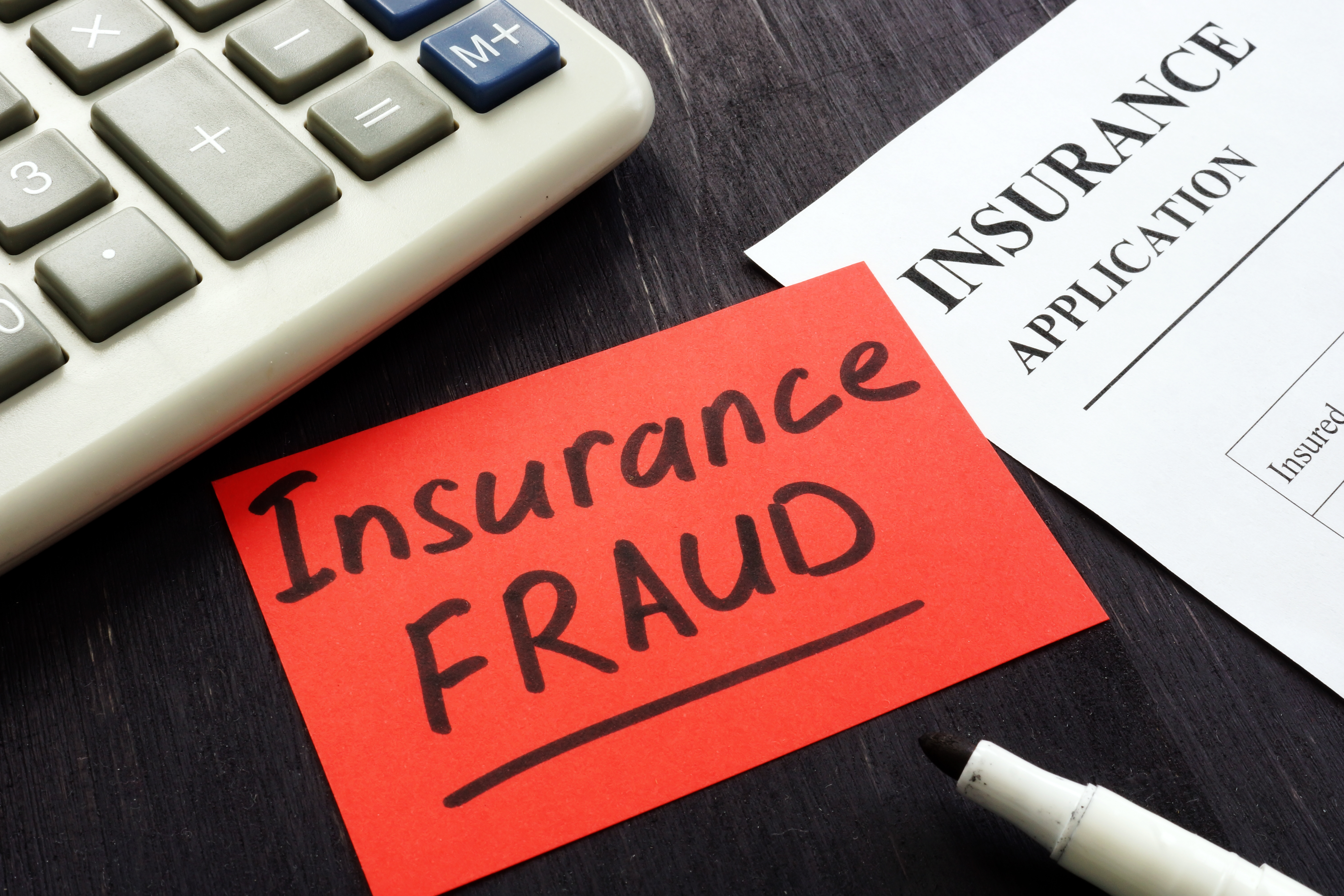Starting a Limited Liability Company (LLC) in Colorado is a straightforward process that offers significant benefits, including liability protection and potential tax advantages. Whether you're a budding entrepreneur or a seasoned business owner, understanding the steps involved in setting up an LLC is crucial. This guide will walk you through the process of establishing an LLC in Colorado, ensuring you have all the information needed to get started.
Step 1: Choose an LLC Name
The first step in forming an LLC in Colorado is choosing a unique name for your business. The name must comply with Colorado's naming rules and be distinguishable from existing businesses in the state. Here's how to ensure your LLC name is compliant:
-
Conduct a Name Search: Use the Colorado Business Database Search provided by the Colorado Secretary of State to check the availability of your desired LLC name. This step is crucial because two businesses in Colorado cannot have the same name.
-
Follow Naming Rules: Your LLC name must include the phrase "Limited Liability Company" or the abbreviations "LLC" or "L.L.C." It cannot contain words that might confuse your LLC with a government agency (e.g., FBI, Treasury, State Department).
By following these guidelines, you can ensure your chosen name is both unique and compliant with state regulations.
Step 2: Choose a Colorado Registered Agent
A Registered Agent is a person or company responsible for receiving legal documents and state notices on behalf of your LLC. In Colorado, you have three options for selecting a Registered Agent:
- Yourself: You can act as your own Registered Agent if you have a physical address in Colorado.
- A Friend or Family Member: Anyone you trust who has a physical address in Colorado can serve as your Registered Agent.
- A Registered Agent Service: Professional services are available if you prefer not to use your address or want additional privacy.
We recommend hiring a professional Registered Agent service like Northwest Registered Agent. They offer several benefits, including using their office address for your LLC, which helps keep your personal address off public records. Additionally, Northwest Registered Agent provides excellent customer service and scans any mail sent to your LLC, uploading it to your online account for easy access.
Step 3: File Colorado LLC Articles of Organization
The Articles of Organization is the document that officially forms your LLC in Colorado. This document is filed with the Colorado Secretary of State, and the filing fee is $50. The process is as follows:
- File Online: Colorado only accepts online filings for the Articles of Organization. When you file online, your LLC is approved immediately.
- Information Required: You'll need to provide your LLC's name, the address of its principal office, the name and address of your Registered Agent, and whether your LLC will be managed by members or managers.
By filing the Articles of Organization, you officially establish your LLC as a legal entity in Colorado.
Step 4: Create a Colorado LLC Operating Agreement
An Operating Agreement is a vital internal document that outlines the ownership and operating procedures of your LLC. While it is not required to be filed with the state, it serves several important purposes:
- Defines Ownership: Specifies who owns the LLC and in what proportions.
- Sets Management Structure: Details whether the LLC will be managed by its members or by appointed managers.
- Facilitates Banking and Legal Compliance: Some banks require an Operating Agreement to open a business bank account. It also helps in maintaining limited liability by demonstrating that the LLC is operated separately from its owners.
You can download free Operating Agreement templates for both member-managed and manager-managed LLCs. It's advisable to tailor the template to fit your specific business needs and have all members sign it.
Step 5: Get an EIN for Your LLC
An Employer Identification Number (EIN), also known as a Federal Tax Identification Number, is necessary for several reasons:
- Tax Purposes: The EIN is used by the IRS to identify your LLC for tax purposes.
- Bank Accounts: Most banks require an EIN to open a business bank account.
- Licenses and Permits: You may need an EIN to apply for various business licenses and permits.
To obtain an EIN, you can apply online through the IRS website if you have a Social Security Number (SSN) or Individual Taxpayer Identification Number (ITIN). If you don't have an SSN or ITIN, you can still get an EIN by fax or mail by following the IRS's instructions.
Additional Considerations
Ongoing Compliance
Once your LLC is formed, there are ongoing requirements to keep it in good standing with the state of Colorado:
-
Periodic Report: You must file a Periodic Report with the Colorado Secretary of State every year. The filing fee is $10. This report updates the state on your LLC's current address and other important information.
-
State Taxes: Ensure you understand and comply with all state tax obligations, which may include sales tax, employer taxes, and other state-specific taxes.
-
Federal Taxes: Depending on how you choose to tax your LLC (sole proprietorship, partnership, S corporation, or C corporation), you will need to comply with federal tax requirements.
Business Licenses and Permits
Depending on your industry and location, you may need additional business licenses and permits to operate legally. Check with local city or county offices and the Colorado Department of Regulatory Agencies to determine what is required for your specific business.
Conclusion
Starting an LLC in Colorado is a relatively simple process that can be completed in a day if all steps are followed carefully. By choosing a unique LLC name, appointing a reliable Registered Agent, filing the necessary formation documents, creating a comprehensive Operating Agreement, and obtaining an EIN, you set the foundation for a successful business venture.
For those who prefer not to navigate the process alone, professional services like Northwest Registered Agent can handle the formation of your LLC, ensuring compliance and providing additional benefits such as address privacy and excellent customer support.
With your Colorado LLC established, you can focus on growing your business and enjoying the advantages that an LLC structure provides.
This blog post is based on information provided by LLC University, which we highly recommend if you're considering starting an LLC in Colorado or any other state.





